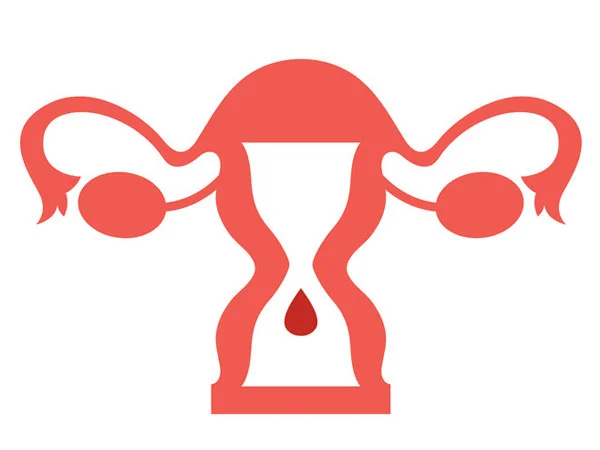
Urogynecology & Menopause
Urogynecology is a subspecialty of gynaecology and urology that focuses on the diagnosis and treatment of pelvic floor disorders in women. Pelvic floor disorders can include urinary incontinence, pelvic organ prolapse, fecal incontinence, and other conditions that can affect a woman’s quality of life.
Urogynecologists are specialists who have completed additional training in both gynaecology and urology, and they work closely with other healthcare professionals such as physical therapists, colorectal surgeons, and urologists to develop comprehensive treatment plans for their patients.
Treatment
Treatment options for pelvic floor disorders can include lifestyle modifications, pelvic floor muscle exercises, medications, minimally invasive procedures, or surgery, depending on the severity and type of the condition.
Menopausal pelvic organ prolapse
Menopause and pelvic organ prolapse can be related, as menopause can contribute to the development or worsening of pelvic organ prolapse in some women.
During menopause age, the body experiences a decline in estrogen levels. Estrogen is important for maintaining the strength and elasticity of the pelvic floor muscles, which support the pelvic organs. As estrogen levels decrease, the pelvic floor muscles can become weaker and less able to support the weight of the pelvic organs, leading to pelvic organ prolapse.
Pelvic organ prolapsed uterus is a condition in which one or more of the pelvic organs, such as the bladder, uterus, or rectum, descends or bulges into the vaginal wall. Symptoms of pelvic organ prolapse can include vaginal bulging or pressure, urinary incontinence, difficulty emptying the bladder or bowel, and pelvic pain.
Treatment
Treatment options for pelvic organ prolapse during menopause can include pelvic floor muscle exercises, hormone replacement therapy to increase estrogen levels, and surgical interventions, depending on the severity and type of the prolapse. Women experiencing symptoms of pelvic organ prolapse during menopause should talk to their healthcare provider to determine the best course of treatment for their individual needs.
Menopause
Menopause is a natural biological process that marks the end of a woman’s reproductive years. It is defined as the permanent cessation of menstruation, which usually occurs between the ages of 45 and 55, with an average age of 51. During menopause, the ovaries stop producing eggs and the levels of estrogen and progesterone, the hormones that regulate the menstrual cycle, decrease.
Symptoms
Symptoms of menopause can vary from woman to woman, but may include hot flashes, night sweats, mood changes, vaginal dryness, and sleep disturbances. Menopause can also increase the risk of certain health conditions such as osteoporosis, heart disease, and some types of cancer.
Treatment
Treatment for menopause includes hormone therapy, which can help alleviate symptoms by replacing the hormones that the body is no longer producing, as well as lifestyle changes such as exercise and a healthy diet. It is important for women to talk to their healthcare provider about the best treatment options for their individual needs and health history.
